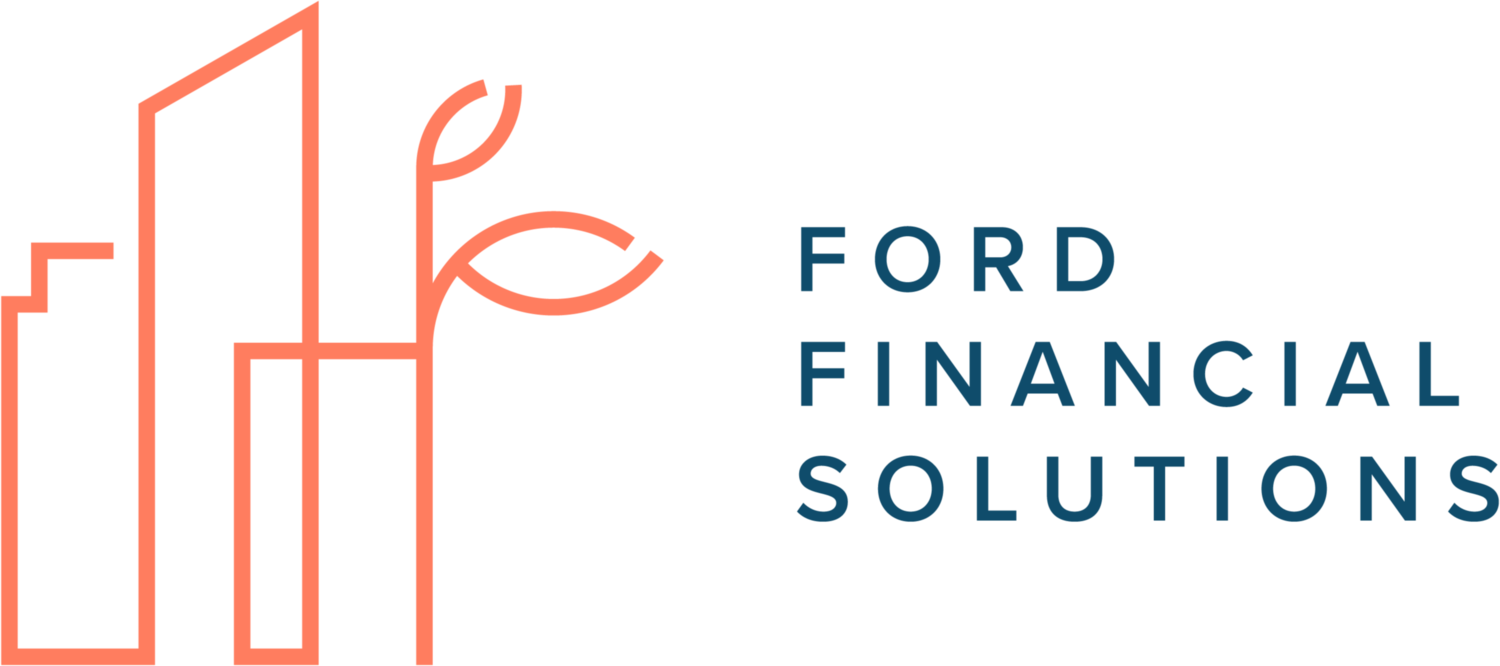Margin is that space between your normal and your maximum capacity. It’s that cushion in your life between your everyday responsibilities and your absolute limits. It’s that Saturday morning when you sleep in, or your 35-minute daily workout, or your few minutes alone with your cup of coffee in the morning before your kids wake up. Tapping into that margin when needed is fine (and inevitable), but the closer to your limits you live, the bigger the risk of hitting a breaking point. This applies to time, career, and of course money.
The market: What goes up must come down
It’s official: the U.S. stock market has entered the longest bull market in its history. Since the stock market hit bottom in March 2009 during the financial crisis, U.S. stocks are up well over 300%. What does this mean for you? What goes up must come down. It’s inevitable the stock market will experience a downturn, and plenty of economists are predicting sooner rather than later. Here are three things you can be doing now to prepare for the next bear market.
How do your savings stack up?
Is saving important? Absolutely. Can a personal finance guru tell you exactly how much you need to save? Not a chance. I’ve never liked the use of formulas or bright lines as a measure of financial success. The best anyone can offer without knowing the specifics of your situation are guiding principles and habits, such as living below your means and planning for financial emergencies.
The why and how of living below your means
Achieving Financial Freedom: Essential Habits
Wise management of your financial situation fosters the freedom to pursue your goals by aligning your spending, saving, and giving with your life priorities. We recently looked at five essential principles for achieving this kind of financial freedom. Today we’ll get practical and discuss five essential habits for achieving financial freedom.
Best Practices for Using Mint
Spending your money in the right way starts with understanding how you’re spending your money. Reviewing credit card and bank statements or using an online expense-tracking tool will help bring awareness to how you’re spending your money. If you don’t currently have a system in place, I recommend you give Mint a try. Check out my recommendations for best practices with Mint.

